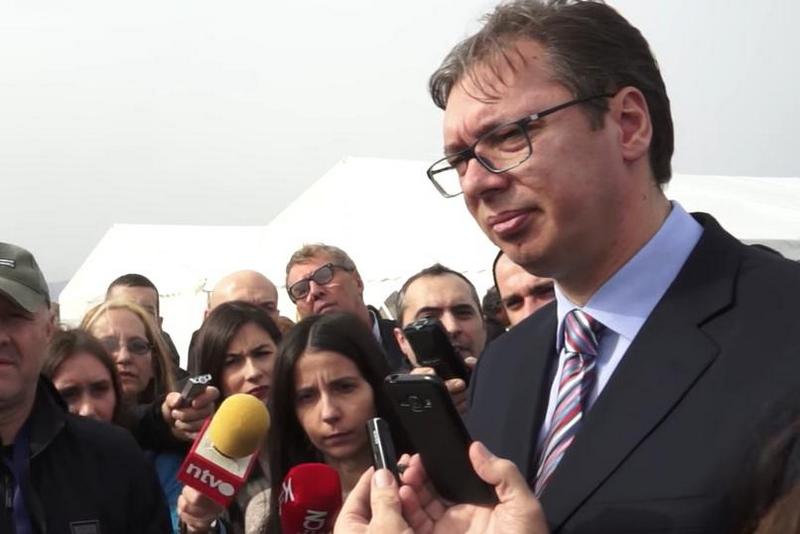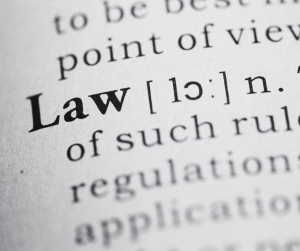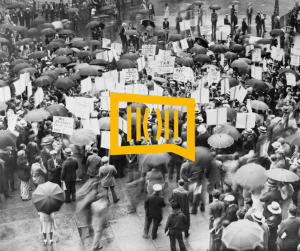The “European Newsroom” received a grant of €1.76m to create shared office space for 16 agencies in Brussels. Led by German agency DPA in tandem with competitors such as Agence France-Press and Italian ANSA, the project also includes media organisations from the Western Balkans such as Tanjug from Serbia and ATA from Albania.
Yet the latter are not independent news agencies but are widely seen in the region as “mouthpieces of governments”, said Flutura Kusari of the European Centre for Press and Media Freedom in Leipzig. “Public relations agents do not deserve support from EU funds,” she added.
Funding by the Commission is tied to the production of a twice-weekly news digest curated by two DPA employees from reporting by all participating news agencies.
The digest will be published on a dedicated website and is meant to offer a “pan-European perspective on EU affairs to audiences across the continent”. The project will strengthen “citizens’ access to quality information”, commissioner Thierry Breton said at the European News Media Forum in November.
It is not entirely clear how the news agencies intend to separate services paid for by the Commission from their regular reporting.
Such services should only be rendered under the condition that the Commission guarantees full editorial independence, says Christian Mihr, the executive director of Reporters Without Borders Germany. “That should be a given, and we hope both sides will provide evidence of that,” he said.
The head of corporate communications at DPA, Jens Petersen, says there is “no possibility [for the Commission] to influence the reporting of the agencies participating”.
When asked how DPA ensures the separation between its journalism and economic interests, Petersen referred to DPA’s editorial statute. This states in paragraph 5: “The company fulfils its task impartially and independently of influences and interference by political parties, ideological groups, economic or financial groups and governments”.
Give no offence
The Grant Agreement for the European Newsroom, obtained through an access to documents request by German news site netzpolitik.org and public broadcaster NDR, indeed states that: “Beneficiaries shall be independent of any instruction, pressure or request from any EU Institution, any EU Member State or any other State or Institution in all matters concerning editorial content”.
Yet certain provisions in the Editorial Charter outlined within the grant agreement appear to clash with notions of editorial independence.
In the section on “quality standards”, the Charter says that content by beneficiaries should “avoid anything which could legitimately offend good taste or decency, or is likely to encourage crime of lead to disorder, or could offend those watching or listening”.
The Charter also prohibits beneficiaries to “improperly exploit sensitivities of the audience, religious views and/or beliefs of those belonging to a particular religion or religious denomination”, as well as “techniques to influence audiences without their being aware”.
These provisions are meant to ensure the keeping of professional standards by the news agencies in question and do not restrict media independence or infringe editorial choices, said a Commission press officer.
“They are common sense principles to ensure taxpayers’ money is well spent,” they said.
Dodgy quotes
The Commission dismissed criticism of the inclusion of pro-government news agencies from Serbia and Albania in the project. “Tanjug, like all other agencies, will have to respect its obligations as part of its participation in the European Newsroom,” its official said.
Tanjug, the former official press agency of Yugoslavia, is now owned by Tačno, a company with close ties to the government of Serbian president Aleksandar Vučić.
While according to Paris-based group Reporters Without Borders the Serbian government restricts access to information for independent journalists, it favours pro-government media with generous subsidies. “Award-winning investigative pieces have a limited audience, because they are only featured online and in a few independent media outlets,” the NGO said.
Tanjug, which according to a report by the Balkan Investigative Reporting Network has recently received substantial government contracts, mostly reports in favour of the ruling party, says Serbian journalist Marija Vučić of the fact-checking portal Raskrikavanje.
“You won’t find many critical articles about anything,” she said.
The journalist cited cases of questionable reporting by Tanjug. In late May, the agency published comments purportedly made by the mayor of Kyiv, Vitali Klitschko, which compared Ukraine’s war against Russia with that of the Albanian population against their “Serbian occupiers”.
The quote, which originated from an Albanian-language news site in Switzerland, quickly spread through Serbian media. The Serbian government, which does not recognise the independence of its predominantly Albanian former province Kosovo, even condemned Klitschko’s purported statement.
However, Klitschko issued a Facebook post denying he ever made such a comment. A fact-check by Raskrikavanje raised further doubts on its authenticity. It notes that the Albanian portal, which posts highly partisan content geared at the Albanian diaspora in Switzerland, does not carry an imprint and does not name the journalist or journalists who wrote the story.
Tanjug is notorious in Serbia for questionable reporting and blatant partisanship, say Serbian journalists’ associations. They publicly protested the EU decision to provide funding for Tanjug in December, soon after it was announced. But their protest so far has fallen on deaf ears.
The German press agency, which has the project lead for the European Newsroom, says that all agencies have committed to fact-based and independent reporting in the editorial charter.
“Should this charter be violated after the launch on 1 July 2022, such cases will be individually examined, assessed and, if necessary, measures will be taken that may lead to exclusion from the project,” it said.
It is very important that the agencies involved in the European Newsroom are independent and not subject to state influence, says Christian Mihr of Reporters Without Borders. “They must apply the highest standards to their work, to basic rules of journalistic ethics and due diligence,” he said.
The EU must pay close attention to which news organisations in the region it distributes money to, says Kusari. “This is particularly important for countries aspiring to join the Union, where citizens will have a final say before their membership application is processed,” she said.
“Instead, EU money should be spent on projects that bring together independent and professional journalists who adhere to ethical standards,” said the expert from the European Centre for Press and Media Freedom.
“There are many independent, professional and award-winning journalists in the Balkans who would do an excellent job reporting on EU affairs. These should be the EU’s partners,” she added.



